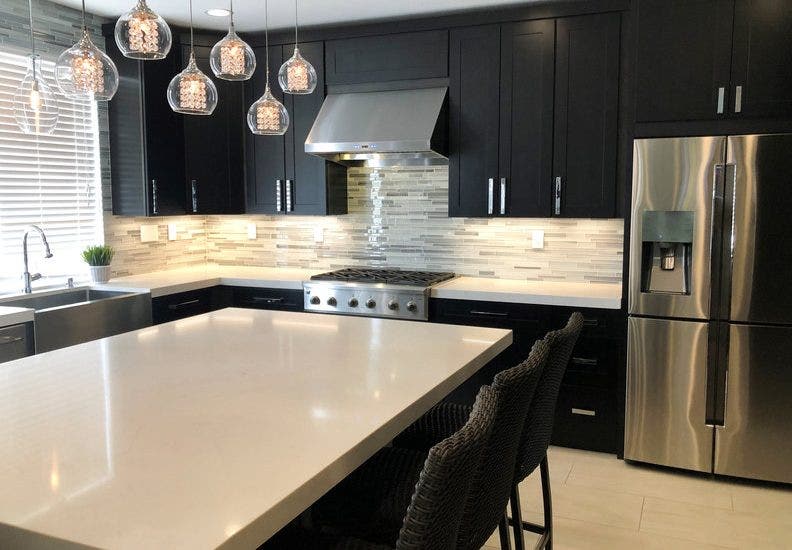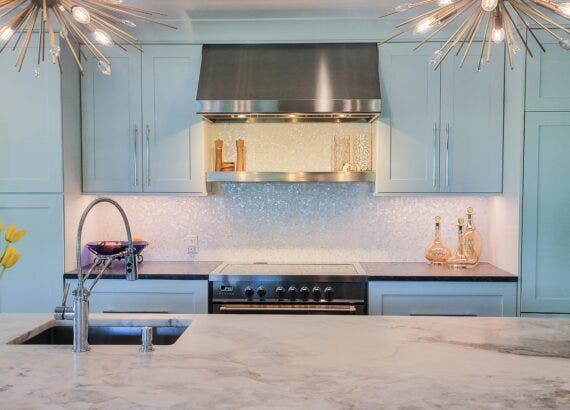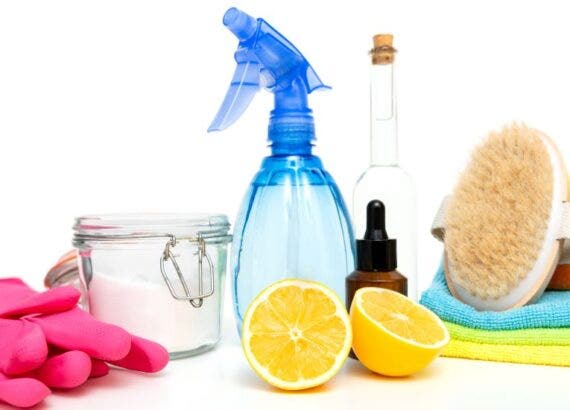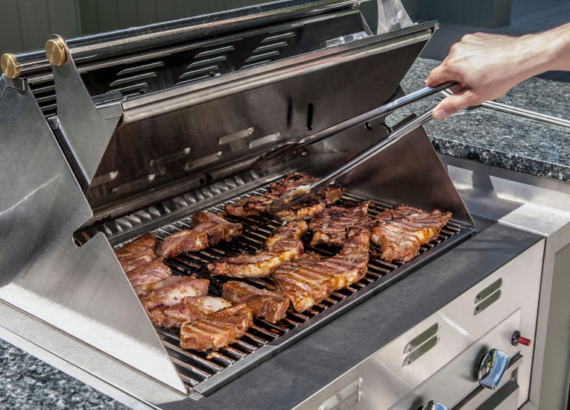7 Tips for Renovating Your Kitchen After Water Damage

Water damage often occurs due to leaking faucets or dishwashers. Severe weather or clogged gutters can also lead to flooding.
It can be stressful, but on the bright side, it gives you a chance to revamp your space.
Here are seven tips for renovating your kitchen after water damage.
Table of Contents
1. Dry Things Out
Remove all the water before starting your remodel. Having a dry space is essential so contractors can install new fixtures.
You should also call a local restoration company to remove wet carpets or furniture. A company like this can set up industrial fans to draw out moisture.
Turn up the air conditioner or open the windows as well. Take these steps as early as possible to prevent mold and mildew from forming.
2. Reach Out to Your Insurance Company
Reach out to your insurance company after inspecting the damage. Ask them to send an adjuster to assess any potential issues and document the steps you have taken to dry the room. Work closely with them to make the renovation process go smoother.
Be sure to review your insurance policy carefully so you know exactly what is covered. Most providers cover burst pipes and accidental leaks.
Determine if your company will pay for expenses such as installation and drywall taping. You’ll likely have to pay for paint and probably some electrical work. Knowing what is covered is important before making any upgrades.
3. Check for Mold
Make sure to remove any remnants of mold before diving into the project. Undetected mold can pollute your indoor air. The allergens can lead to asthma attacks or irritate the eyes. Have your insurance inspector take samples from the drywall and surfaces and get these tested for black mold.
If the test comes back positive, have the mold professionally removed before reconstruction. Hire a remediation company to remove any infested material and disinfect walls.
4. Prepare Your Home
Many people forget how much the construction process can disrupt their lives. So be sure to put up dust barriers between work and living zones. Also, cover vents in the kitchen to prevent dust from circulating to other areas of your home. You will also have to remove furniture. Use one of your rooms as storage, like a guest bedroom.
You should cover any furniture left in the room with plastic. Make sure to seal the door as well. Since you won’t have much access to the kitchen, plan out how you will get meals. For example, will you eat out for a few nights or stay with a family member? You also want to dust and vacuum daily to keep the space clean.
5. Inspect Your Windows and Exterior Walls
Water damage caused by a storm can impact your windows and walls. Flying debris could cause cracks or broken frames, so it’s vital to fix any issues.
Cracks can form and allow water to run in places you wouldn’t expect as well, which can cause some damage. Also, consider caulking or weatherstripping them to protect against future problems. Covered windows can increase energy efficiency and lower your monthly bills.
Vinyl is a popular choice for casements due to its affordability and insulation properties. You could also add some patterned curtains to dress them up.
6. Be Mindful About the Upgrades You Make
It can be tempting to splurge on certain things when making updates. But you still want to make sure they’re within your price range. Make a budget before you start the renovation and stick to it. You may need to make costly upgrades to fix issues such as damaged electrical systems. Prepare for these necessary upgrades before planning the rest of your remodel.
Consider repurposing items like cabinets to save money. You can simply repaint them and upgrade the hardware for a brand new look. If you’re going for a classic appearance, use white for the cupboards. Paint your walls, upgrade lighting and add some artwork to affordably enhance your kitchen. If you’re going to splurge, consider only doing it for a few big-ticket items, such as marble countertops.
Here are a few ideas for you to look through if you’d like.
How to Design a Scandinavian Kitchen
4 Stunning Dream Kitchen Ideas
Building Your White Kitchen: 5 Sleek Styles
In addition to decorative updates, consider ones that prevent future damage. Have contractors apply a sealant to your walls and place check values on your pipes. Also, you can do things to avoid future issues, such as installing a sump pump and cleaning your gutters. Leaves can cause clogs and lead to water accumulation.
7. Check on the Progress
Make sure to check in with the contractors throughout the renovation project. Start by confirming paint selection and materials. These visits will save you the stress of having to redo anything later on. Keep in mind that if you wait too long to make changes, they can become costly.
Also, you may change your mind once you see the design start to come together. Communicating your needs is essential so you end up with your dream kitchen.
Renovating After Water Damage
Renovations are an excellent way to give your space a refresh, but much needs to be considered when dealing with water damage. Follow these tips if you’re remodeling your kitchen after water issues.
Thanks to Rose Morrison from Renovated for this guest post.
For more renovation tips, check out the articles below.
Related Articles
10 Kitchen Remodeling Tips for a Successful Project







Comments are closed.